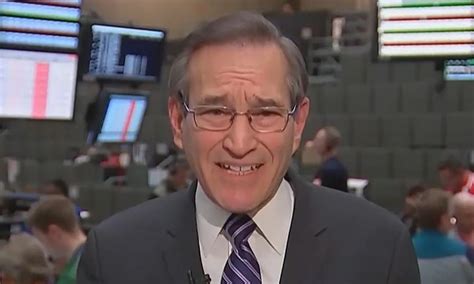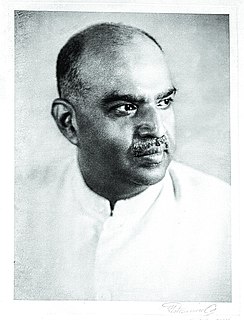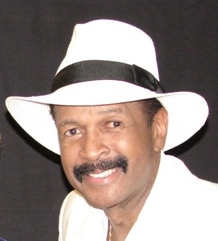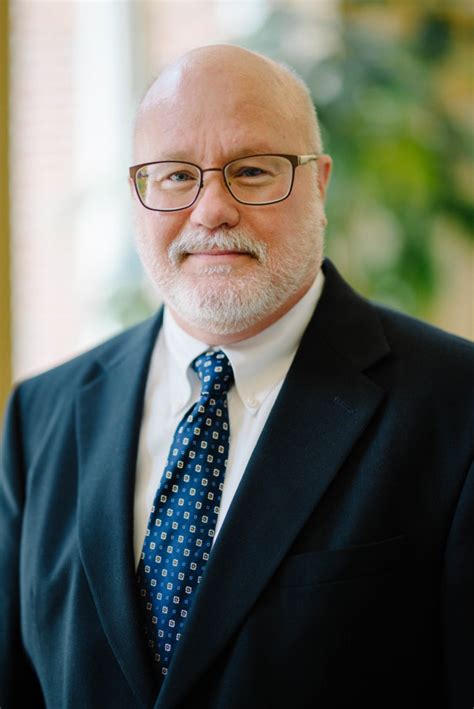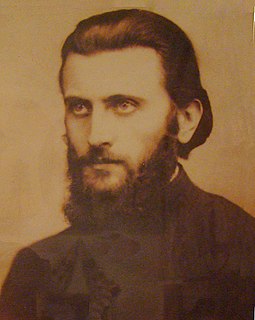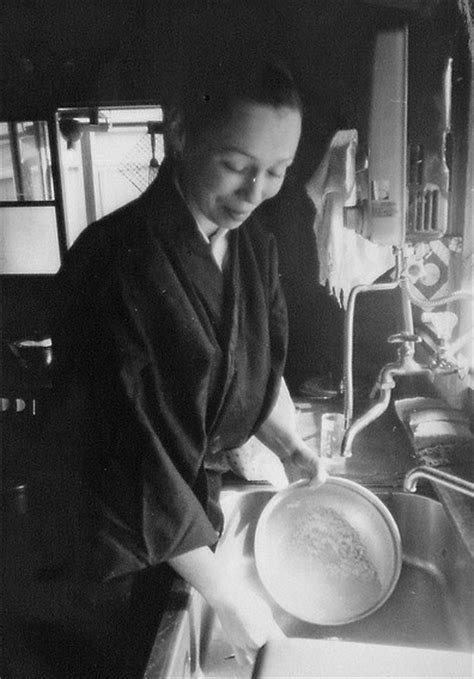A Quote by Nhat Hanh
No single tradition monopolizes the truth. We must glean the best values of all traditions and work together to remove the tensions between traditions in order to give peace a chance.
Related Quotes
I think traditions change and modify with each generation. With new members joining the family, their customs and traditions have to be respected and combined with the exiting traditions. And the children that follow are part of that new evolving tradition and, as they grow, will have input that will, in turn, continue to evolve that tradition.
Part of the puzzle, surely, lies in the disconnect between official rhetoric and lived realities. Americans are constantly extolling “traditions”; litanies to family values are at the center of every politician’s discourse. And yet the culture of America is extremely corrosive of family life, indeed of all traditions except those redefined as “identities” that fit in the larger patterns of distinctiveness, cooperation, and openness to innovation.
Using trees as a symbol of peace is in keeping with a widespread African tradition. For example, the elders of the Kikuyu carried a staff from the thigi tree that, when placed between two disputing sides, caused them to stop fighting and seek reconciliation. Many communities in Africa have these traditions.
Generally speaking, an Indian university must regard itself as one of the living organs of national reconstruction. It must discover the best means of blending together both the spiritual and the material aspects of life. It must equip its alumni irrespective of caste, creed or sex, with individual fitness, not for its own sake, not for merely adorning varied occupations and professions, but in order to teach them how to merge their individuality in the common cause of advancing the progress and prosperity of their motherland and upholding the highest traditions of human civilisation.
Most of what the founders knew about the Hebraic republic, it must be emphasized, they learned from the Bible. These Americans were well aware that ideas like republicanism found expression in traditions apart from the Hebrew experience, and, indeed, they studied these traditions both ancient and modern.
I see the Christian world like this: we've inherited a divided map of the truth, and each of us has a piece. Our traditions teach us that no one else has a valid map and that our own church's piece shows us all the terrain and roads that exist. In fact, there is much more terrain, more roads, and more truth for us to see if we can accept and read one another's maps, fitting them together to give us a clearer picture of the larger Christian tradition.






